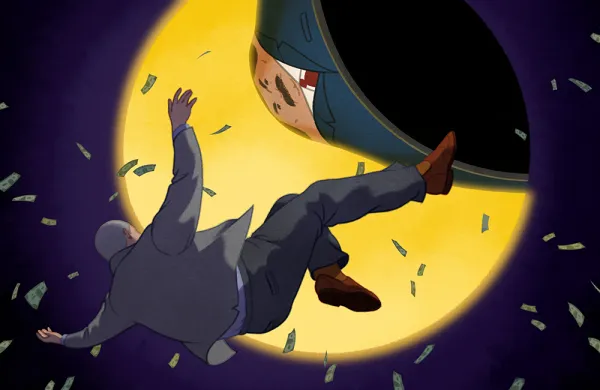William Browder is nothing if not a survivor. An early investor in Russia, he held on through the country’s 1998 default, then built his Hermitage Capital Management into one of Russia’s biggest investment firms — and a leading activist against corporate malfeasance and fraud. For his efforts, the authorities peremptorily barred him from returning to Moscow in November 2005 and labeled him a national security threat.
Browder hasn’t let the setback dampen his spirits. The U.S.-born, naturalized U.K. citizen has refashioned $3 billion-in-assets Hermitage as an emerging-markets fund manager with a special focus on the oil-fueled economies of the Gulf region. Having moved most of Hermitage’s money out of Russia and his staff of 16 to offices in central London’s Golden Square, Browder launched Hermitage Global Fund in April 2007; the $2 billion fund was up 39 percent since inception in late July. He discussed his strategy with Institutional Investor London Bureau Chief Loch Adamson.
1 Institutional Investor: How are you expanding your focus beyond Russia?
We picked the six cheapest countries in the world based on their price-earnings ratios at the time: Brazil, Turkey, U.A.E., Kuwait, South Korea and Taiwan. We visited the 30 cheapest companies in each and came back with five good investment ideas. It gave us the confidence that we could visit another 180 companies, find five more ideas and build a global investment business.
2 Isn’t that a brutal rate of attrition?
No, not really. We’re looking for completely mispriced securities, and there aren’t that many out there. Over the past 18 months, my team has screened 10,000 companies, visited about 1,000 and made 15 investments that make up more than three quarters of the $2 billion portfolio.
3 What’s your take on the volatility in equity markets?
We don’t think that the credit crisis is anywhere near over; we think it’s closer to the beginning than the end. So much money needs to be spent to recapitalize banks — and the market is so fatigued with providing it — that the sources of capital, including sovereign wealth funds and the public markets, have more or less dried up. We think there will be bankruptcies, nationalizations and a rewriting of the rules so that banks are not rendered insolvent.
4 Where are the opportunities?
First, stay off the financial grid, away from Western capital markets. Second, in a world where it is no longer possible to borrow money, don’t invest in countries or companies that consume more than they produce — stay in current-account-surplus countries. Third, avoid oil-consuming countries. Fourth, be prepared for further dollar devaluation. We expect another wave in the next 12 months versus the pegged and managed emerging-markets currencies, particularly in Asia. Last, avoid those trendy BRIC countries: Brazil, Russia, India and China. There is a large amount of de-BRICing going on because people have lost millions in those markets.
5 What countries meet your investing criteria?
About two thirds of our equity portfolio is invested in the Middle East, including the U.A.E., Saudi Arabia, Qatar and Kuwait. The region is profiting from the oil wealth transfer and you can just feel it on the ground. The psychology of people in New York and Abu Dhabi is just night and day. Abu Dhabi’s government is planning to invest up to $200 billion to create a cultural hub with its own Louvre. The best part is that land is still quite cheap. We’ve invested in the region’s largest publicly traded developer and landowner, Aldar Properties, a blue-chip real estate developer with 34 million square meters of land. Its valuation is ridiculously low; it trades at a 60 to 75 percent discount to its net asset value.





